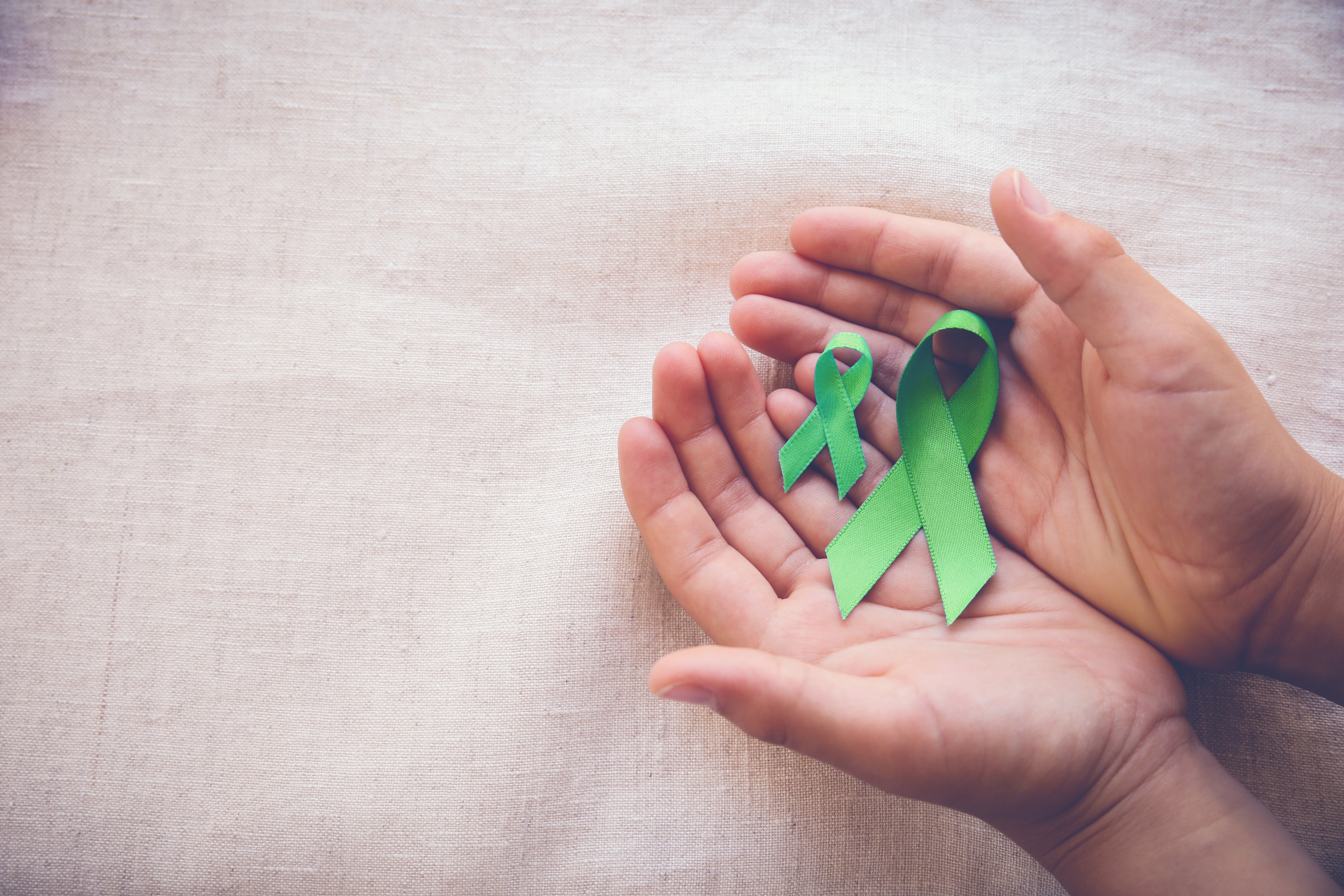I’m muting Mental Health Awareness Week to protect my mental health
I want to destigmatise the notion that it’s mandatory to speak up about our mental health issues or listen to other people’s stories if we’re feeling vulnerable


Every day is mental health awareness day,” an ever-growing army of self-proclaimed mental health campaigners and recoverists will remind us during Mental Health Awareness Week – and quite rightly so. But having experienced serious mental health issues for the majority of my life, I feel more than acutely aware of this and if I have to be brutally honest, I am sick of being aware.
Back in the early 2000s, one of my first volunteering roles was being an ambassador for my local Mind charity. This was in the dark ages of mental health, when the issues weren’t seen as "mainstream" – they weren’t even talked about.
I remember giving talks to youth professionals with colleagues, who had all experienced mental ill health. Issues like schizophrenia and self-harm frightened people into silence, and sometimes I wonder whether that has really changed.
When we attended a consultation event for a national mental health campaign which was in its infancy, we suggested using ”real people” (like ourselves) instead of celebrities plastered on billboards, but it was too radical for real people with real mental health issues to have a voice.
I also remember another organisation banning an audio recording titled “Voices” that depicted what it’s really like to experience auditory hallucinations, as it was too disturbing – so we really did have to fight to get our voices heard for ourselves and for others with mental conditions that were different from our own.
Twenty years on, the narrative is mainly focused on emotional wellbeing rather than those with serious mental health conditions who typically end up in psychiatric care. Although there’s been enormous progress in terms of raising awareness, the understanding of many conditions is still distinctly lacking.
“I’m recovering from many things,” I often tell people when discussions around mental health come up – mainly bulimia, alcohol addiction and complex PTSD. The latter, underpinning the former diagnoses, was only diagnosed the year before last. Unresolved trauma has a funny way of leading to subsequent trauma, and manifests in lots of different ways.
I often describe it as like picking a weed by the leaves and not by the root. If the roots are still there, it’s bound to grow back again and again. Looking back, I think this may be the reason why I – and many others in similar situations – get so tired of mental health being on the agenda for so long without the “roots” being addressed.
When my volunteering roles ended, I set up a campaign turned charity in 2008 called Men Get Eating Disorders Too. At the beginning, it seemed incomprehensible to certain people that men could have the same issues that women did, like eating disorders (and experience domestic violence, sexual assult, rape, etc).
What I noticed is that the more times I banged my drum, saying that “eating disorders have no gender”, the more that men and their loved ones came forward. Like tidy bookends, my charity started from my recovery from eating disorders and ended with my recovery from alcohol addiction. Having left the charity after 10 years, I went straight into a psychiatric hospital – not once or twice, but three times in an 18-month period. Only then did I realise another valuable lesson: helping others at the cost of self-care will inevitably lead to burnout.
To keep up to speed with all the latest opinions and comment, sign up to our free weekly Voices Dispatches newsletter by clicking here
Like my volunteering work, my mental illness has informed everything I do in my recovery moving forward. Having to “practice what we preach’’ is easier said than done and takes an awful lot of trial and error – and often error in abundance. But what helped me “split the atom” in my recovery was that I didn’t need to be out there on the front line slamming mental health services and raising awareness of my issues.
At a time when every person under the age of 35 seems to be a mental health campaigner, I decided I didn’t need to fulfil that role anymore. In my quest to be counterintuitive with most things, I realised I’d been there, done that and got the T-shirt, and there’s more to me than the issues I’ve experienced.
Most importantly, I don’t need to speak up about my mental health issues during a designated week for it. Being stuck in a cycle of relapse and repeat, I realised it’s not good for me to talk about my mental health continuously. It doesn’t make me a failed mental health campaigner because I’ve chosen to be “quiet” for Mental Health Awareness Week or any other week of the year.
Instead, I want to destigmatise the notion that it’s mandatory to speak up about our mental health issues or listen to other people’s stories if we’re feeling vulnerable – or simply don’t want to at this point in our journey. For that reason, I’m empowering myself to “mute” the debates around mental health for Mental Health Awareness week, to protect my mental health.
Sam Thomas is a mental health advocate, writer and speaker. His memoir about recovery from trauma and alcohol addiction, ‘Smashed’, will be published March 2023
Join our commenting forum
Join thought-provoking conversations, follow other Independent readers and see their replies
Comments
Bookmark popover
Removed from bookmarks